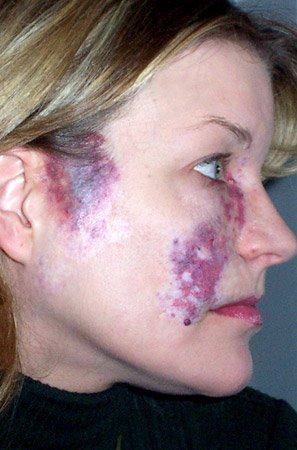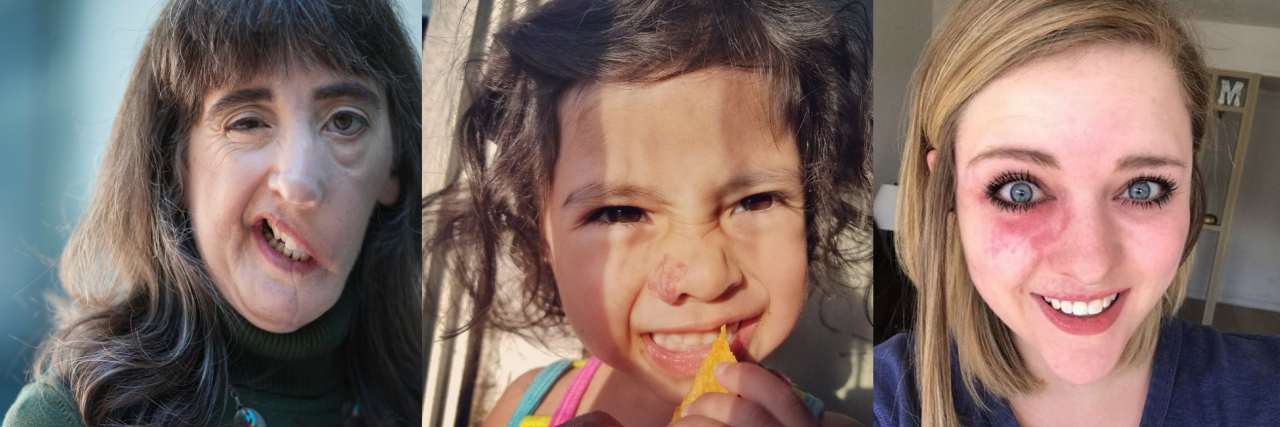Talking with a friend nearly 10 years ago, I told him about a situation I had with a stranger just two days prior. Replaying what the stranger said about my facial birthmark, I chose to find the humor in his harsh comments about my appearance. While making a joke about his comments and laughing it off, I realized that instead of laughing with me, my friend was growing angry on my behalf – his fury growing with each new detail.
Once he pointed out how shocked he was, a lightbulb moment happened inside my head.
At that moment, at age 18, it finally dawned on me that most “typical looking” people don’t have the same experiences with people as I do. They don’t get stared at because of their appearance or get makeup recommendations to “cover that.” They aren’t told, “You’d be more beautiful if that weren’t so prominently placed.” They don’t get plastic surgeon referrals after being called “contagious” by a stranger at Goodwill. Most people don’t go through surgeries as an infant, followed by lifelong treatments and needed MRIs.
Thinking back to my childhood, I remember never being able to lie about being cold. Because my birthmark is vascular, it would get darker the colder I became. I always compared it to a mood ring, changing colors with the temperature: pale and appearing almost invisible when I’m sick, extra purple when I’m cold, and redder when I’m hot – or even angry. While my childhood self was frustrated I could never get out of wearing a jacket, my adult self is thankful my fiancé knows when to grab me a blanket before I can even ask for one.
From harsh comments to stares, from surgeries to my birthmark jokes – my facial difference has gifted me with an unlimited amount of stories and important life lessons that are just as unique as my appearance.
Joining a variety of Facebook groups for people living with facial differences, I’ve come to realize that everyone’s experiences with their condition are different, but many are also common. Some are hyperaware of their experiences at an early age. Others, like me, while they know their condition exists, forget or don’t realize their “normal” isn’t everyone’s “normal.”
Surveying a variety of people living with facial differences, several people shared with me about their experiences growing up:
1. “I think growing up with a facial birthmark has changed my outlook on people and how their perceptions of us affect how we see ourselves. One experience is always being asked if I got into a fight or who hit me. It’s the most annoying question a person can ask.” – Melissa
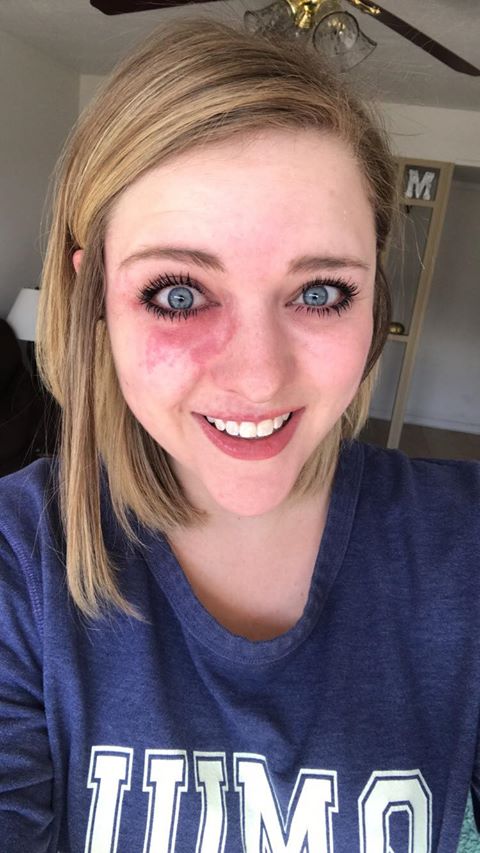
2. “You know someone is looking at your face but not looking at you, so you tend to look away and try to not make eye contact with them in return.” – Mindy
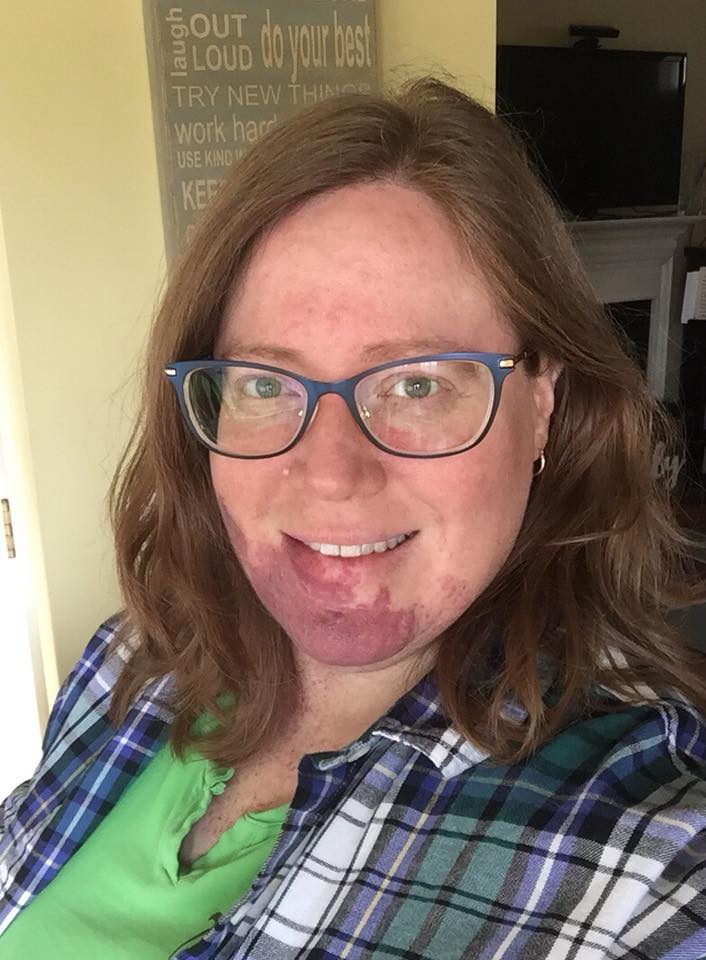
3. “For me, it would be constantly adjusting to a new facial appearance. People without facial differences only have to deal with their face changing as they grow. Whereas if you have a progressive disease and multiple surgeries you have to constantly deal with the face you see in the mirror changing.” – Yasmin
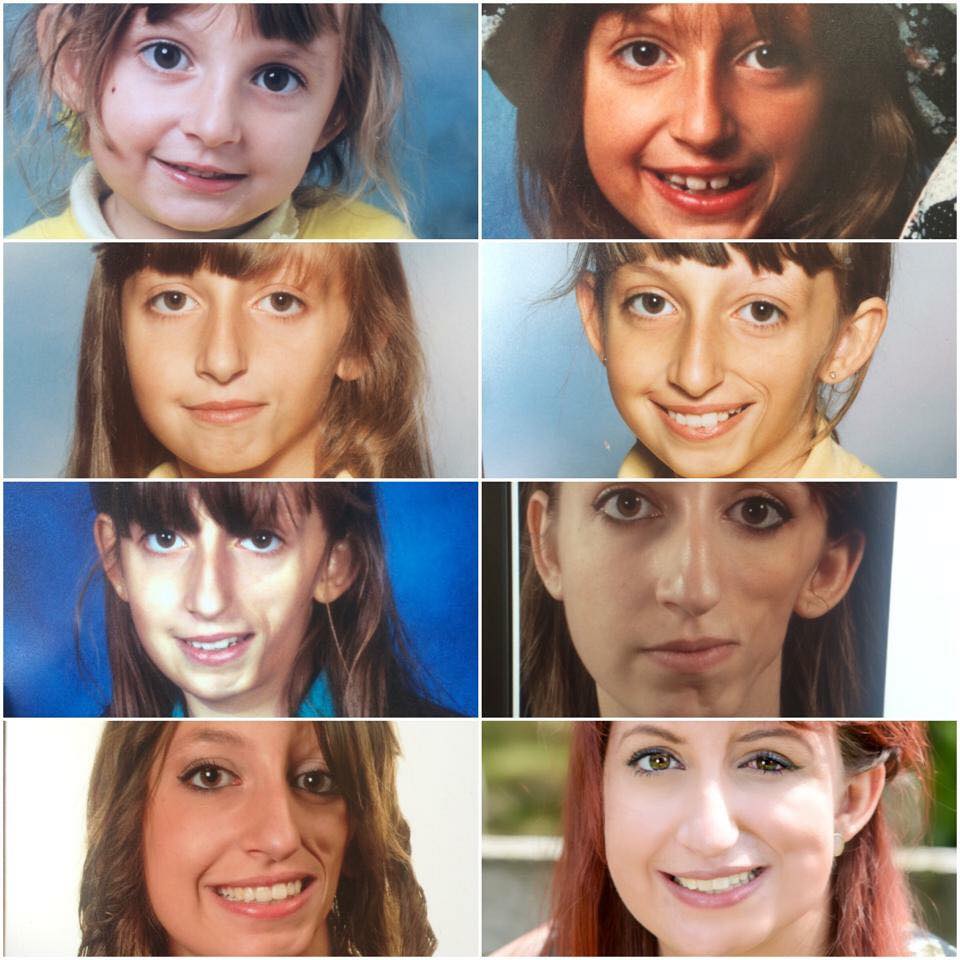
4. “After a treatment, it’s not rare for someone to say I look like I’ve been burned with cigarettes. It quickly taught me who only saw my face and who was able to see me for my heart.” – Kristin
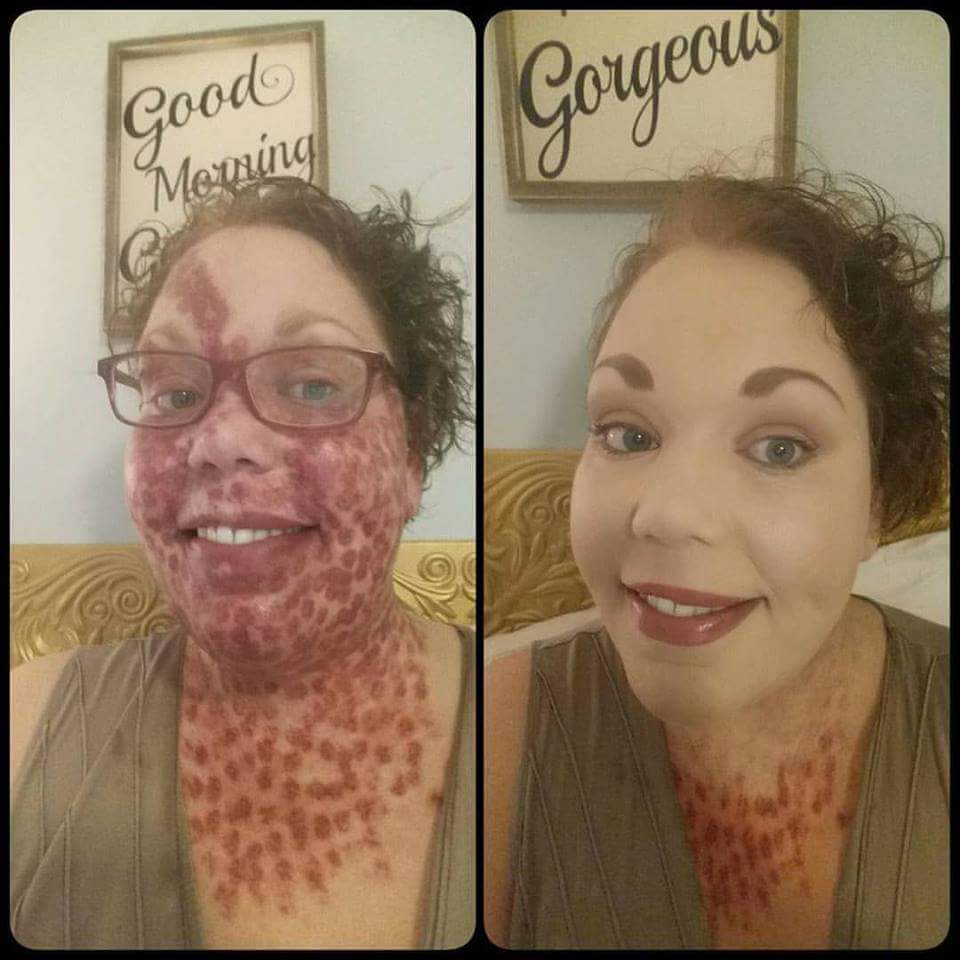
5. “Other kids feel bad when we first meet because they think I have an ouchie on my face and always want to know how I got hurt. I have to tell them I’m OK, but then they always remember me.” – Lydia
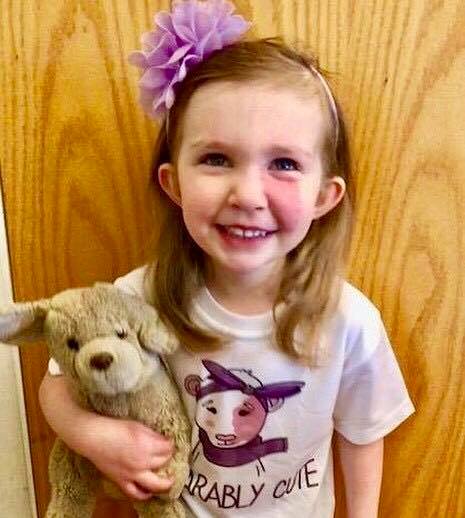
6. “‘Kool-Aid face.’
‘Did your mom spill grape juice on you?’
‘Were you burned in a fire?’
‘What’s wrong with your face?’
‘Is it contagious?’
Then it shifted to, ‘Why do you wear so much makeup?’
It’s either, ‘What happened to your face?’ or ‘Why do you wear so much makeup?’ I can’t win either way.
Probably the worst comment came from a nurse in the hospital after I gave birth to my twins. Apparently my face freaked her out so much that she screamed, “Oh my God! What happened to your face?’ I just cried and cried. Some people really suck!” – Brianne
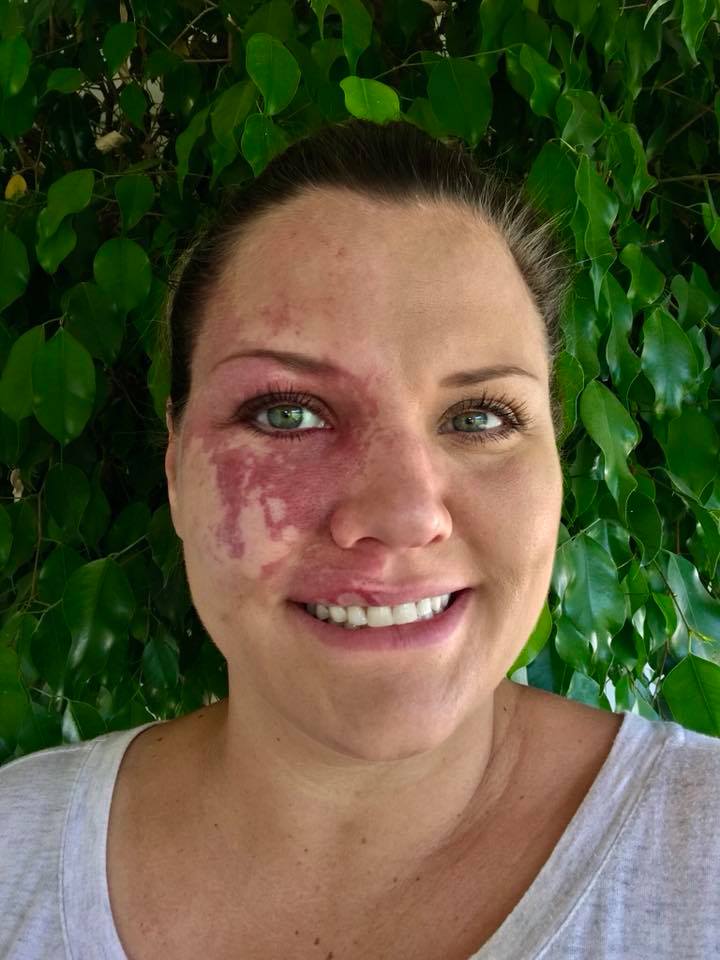
7. “Periodically, people ask me if I plan to have more surgery. I’ve literally had people come up to me and say things like, ‘Oh, hon! I know a plastic surgeon who can really help you! Look, take his card. Talk to him. I’m sure he can do great things for you.’ I understand they are well-meaning and are sincerely trying to be helpful, but they don’t stop to consider that maybe I don’t want that kind of help. That maybe I’m OK with my appearance. They are projecting their expectations of what they think I should want, and frankly, they’re wrong.” – Dawn
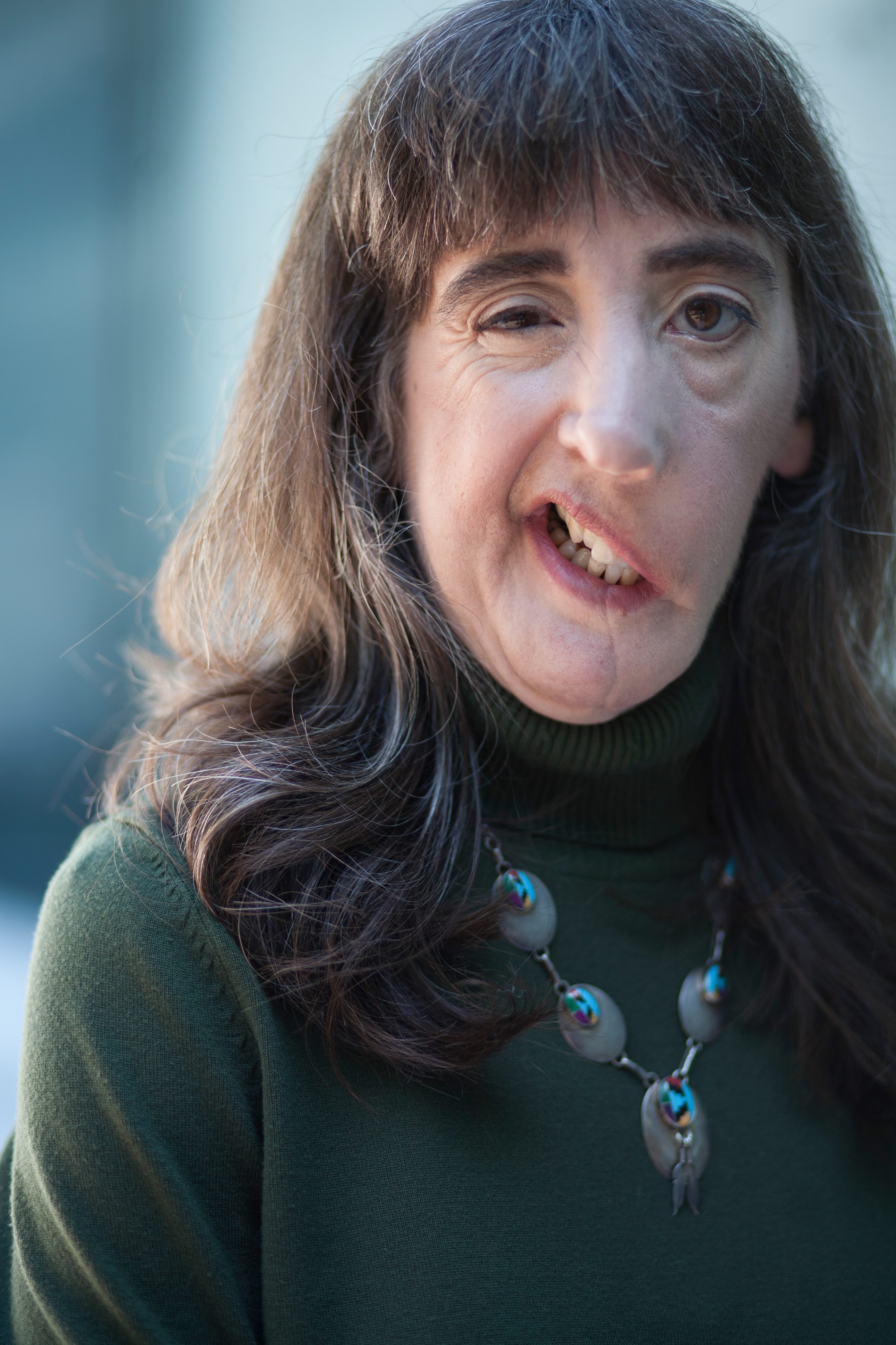
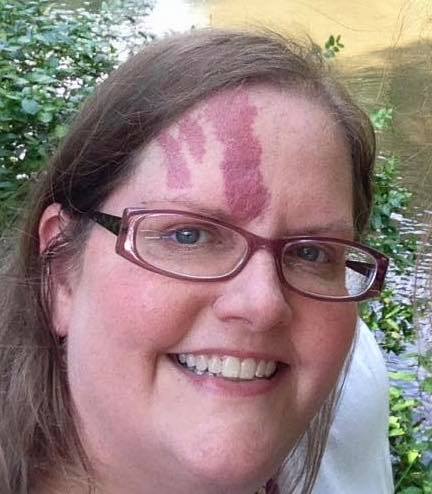
9. “Alexa is now 2 years old and no treatment! I love her birthmark. It makes her who she is. I tell her every day that she’s beautiful and that there’s nothing wrong with being different. We’re all different in our unique way. A lot of people comment on her birthmark, ‘When are you going to get it removed?’ or, ‘Why does she have that?’ I simply tell them it’s a birthmark she was born with it. What makes you different makes you beautiful.” – Viridiana
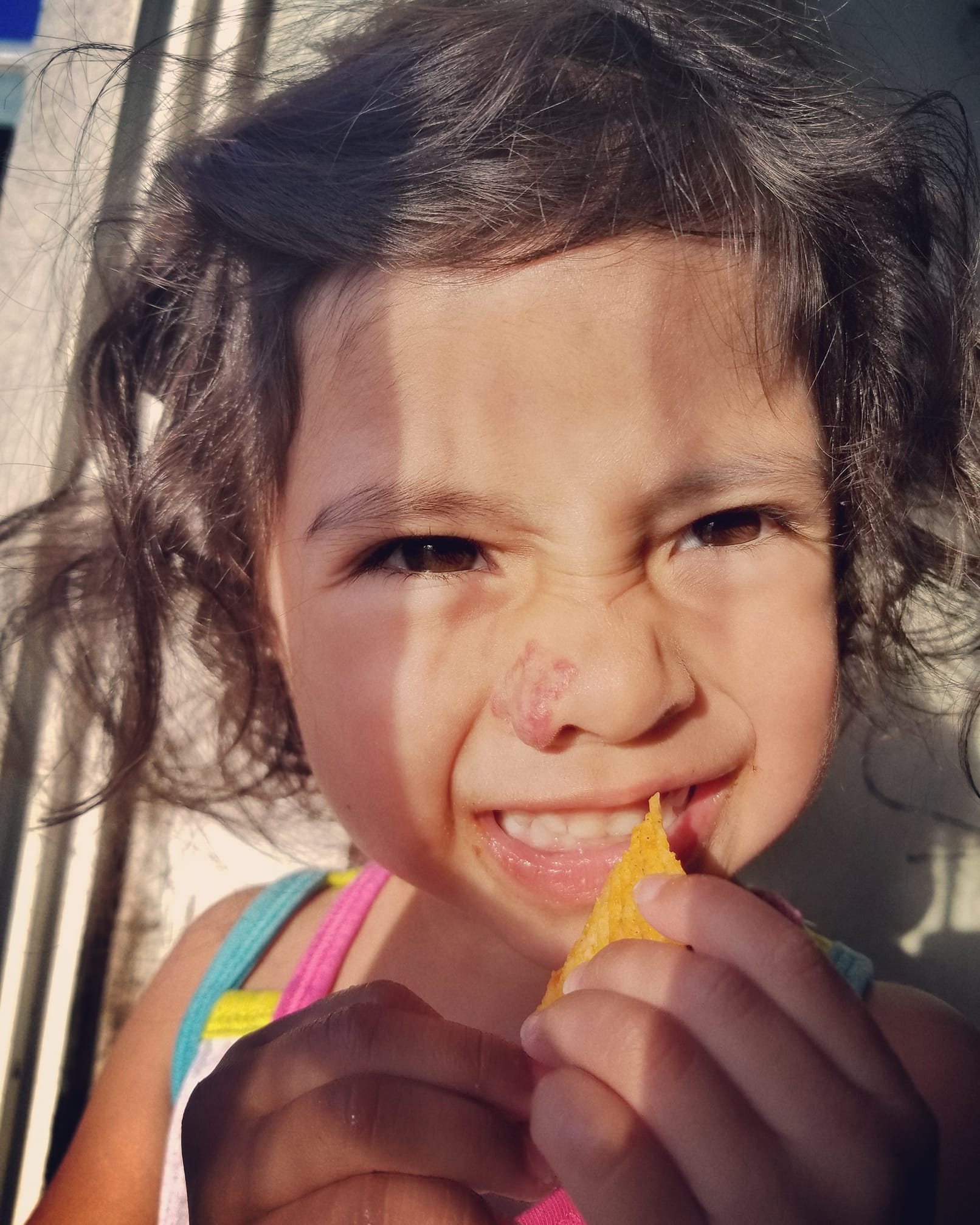
10. “People stare. They try not to, but typically they are so intrigued they can’t help it. I work with people with disabilities. They too stare, but they also tend to ask what it is and sometimes repetitively. But they are also extremely accepting and accommodating to me as well.” – Meghan
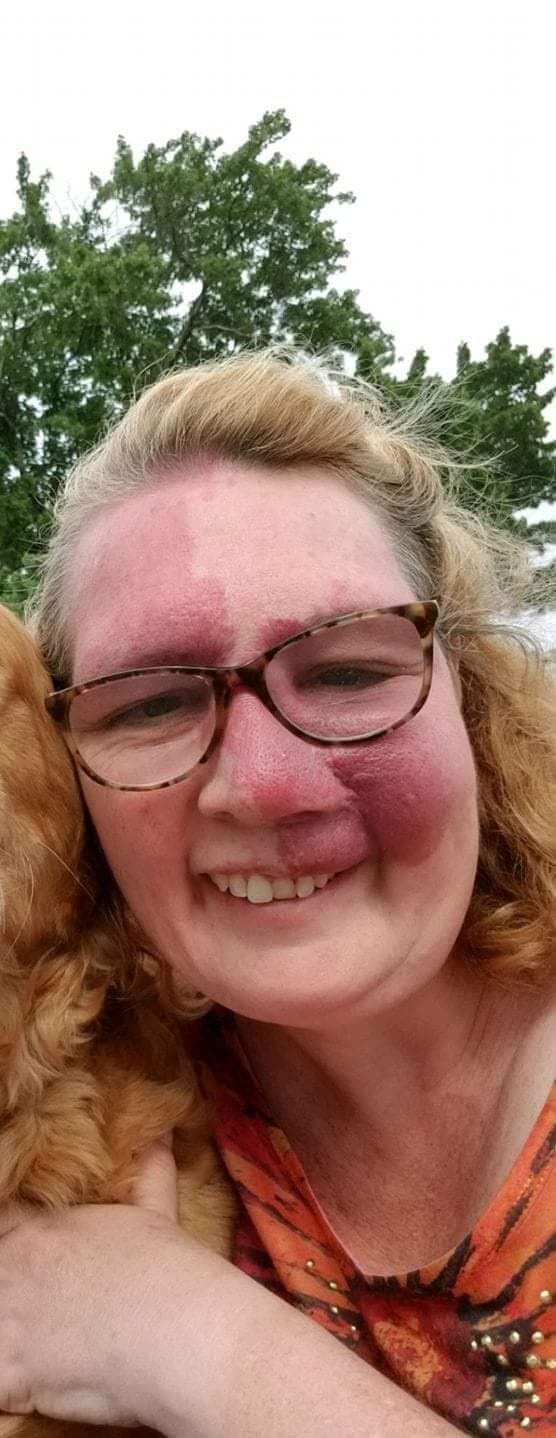
11. “My 14-year-old has heard this her whole life as a twin: ‘You’re the one with the red cheek.’” – Nicole
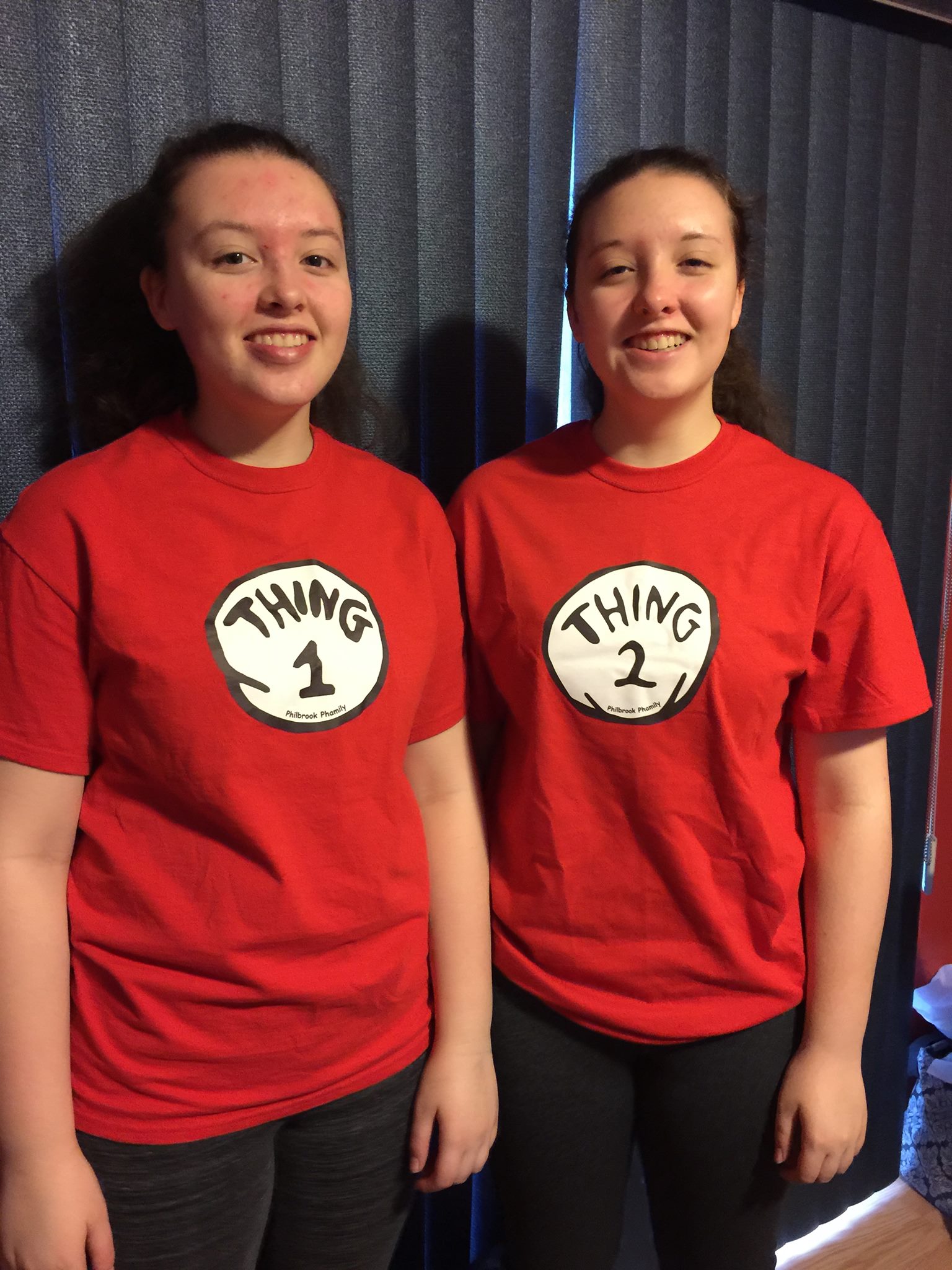
12. “One of the main comments I get from people is…
‘You’re pretty, but what happened to your face?’
I’m 35 years old and have strawberry and cavernous hemangeomia. In my lifetime I’ve had over 30 plastic surgeries on my face, neck and ears.
I’m a medical social worker and meet new clients every day. So I never know what type of interactions I will have.” – Colleen
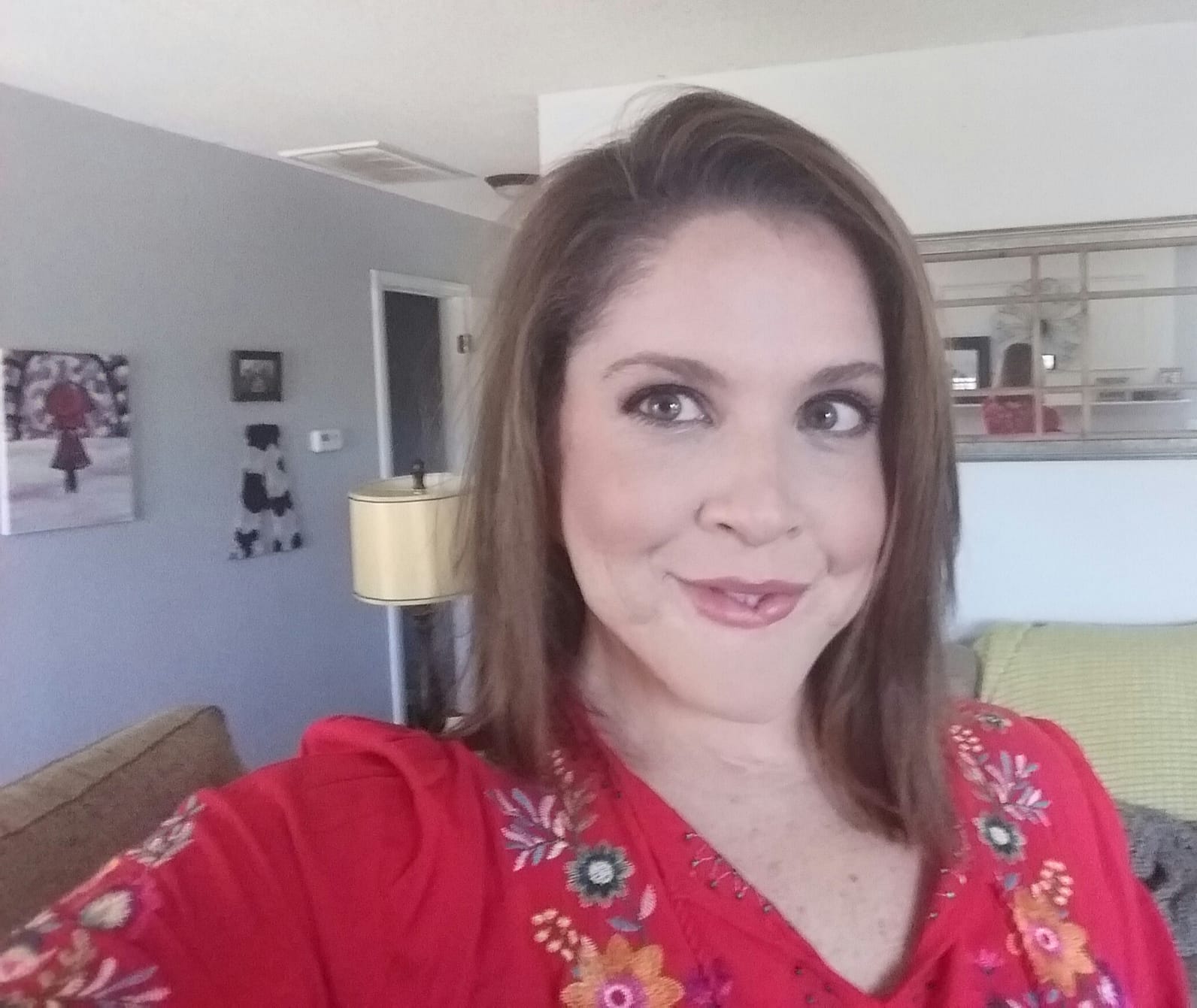
13. “Our son has a birthmark on his head. We have had people assume it’s a burn or a bump. We have had comments like, ‘How did a baby so young do that? You need to watch him more.” Or, ‘Poor thing – he will be bullied in school.’ These can be so hurtful, but we simply educate by saying, “Oh no, that’s his squishy mark. It makes him unique and beautiful.” It usually shuts people down straight away. I will always let my son know how beautiful he is and to accept everyone for who they are. Being different is what makes us all so special.” – Laura
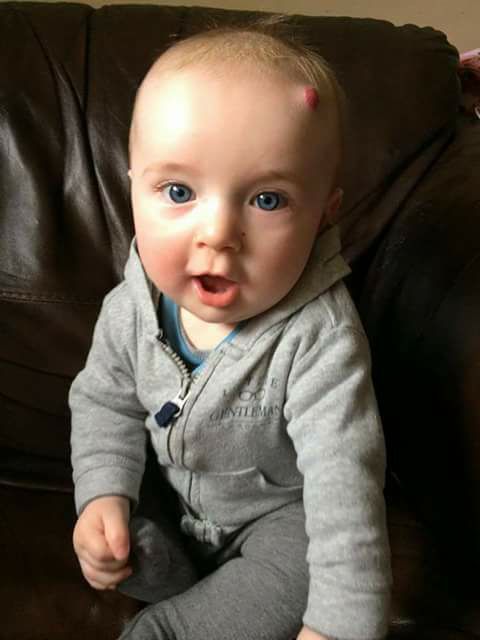
14. “When everyone thinks you have awesome Halloween makeup! Well, some of it’s makeup, and if you’ve got it, flaunt it.” – Shelly
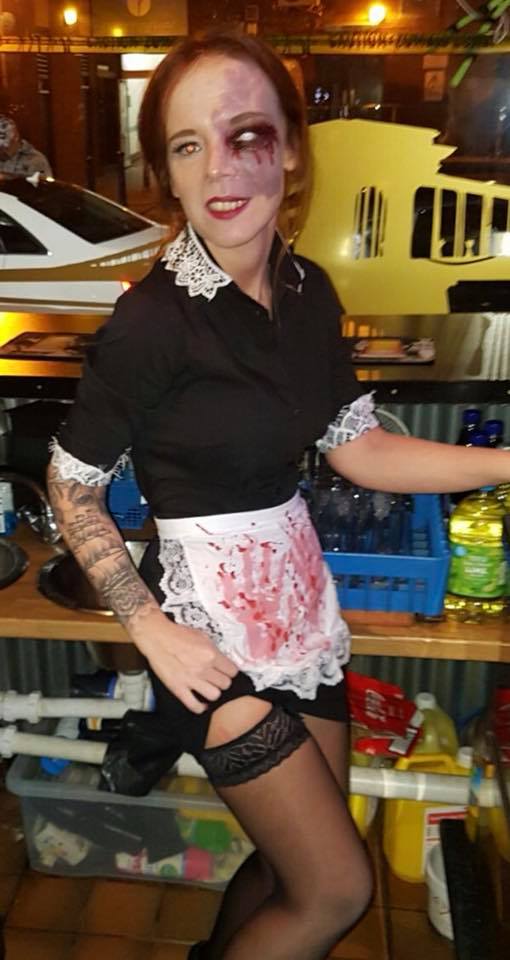
15. “When kids say you look like a zombie and ask if you have blood on your face.” – Shannon
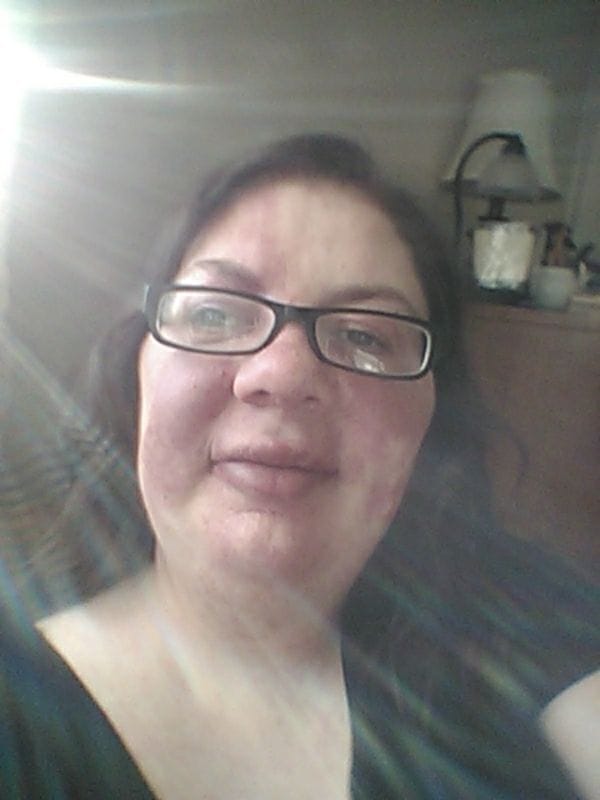
16. “While shopping at the grocery store we hear, ‘I think your mom forgot to wipe off the jelly donut from your face!’” – Amanda
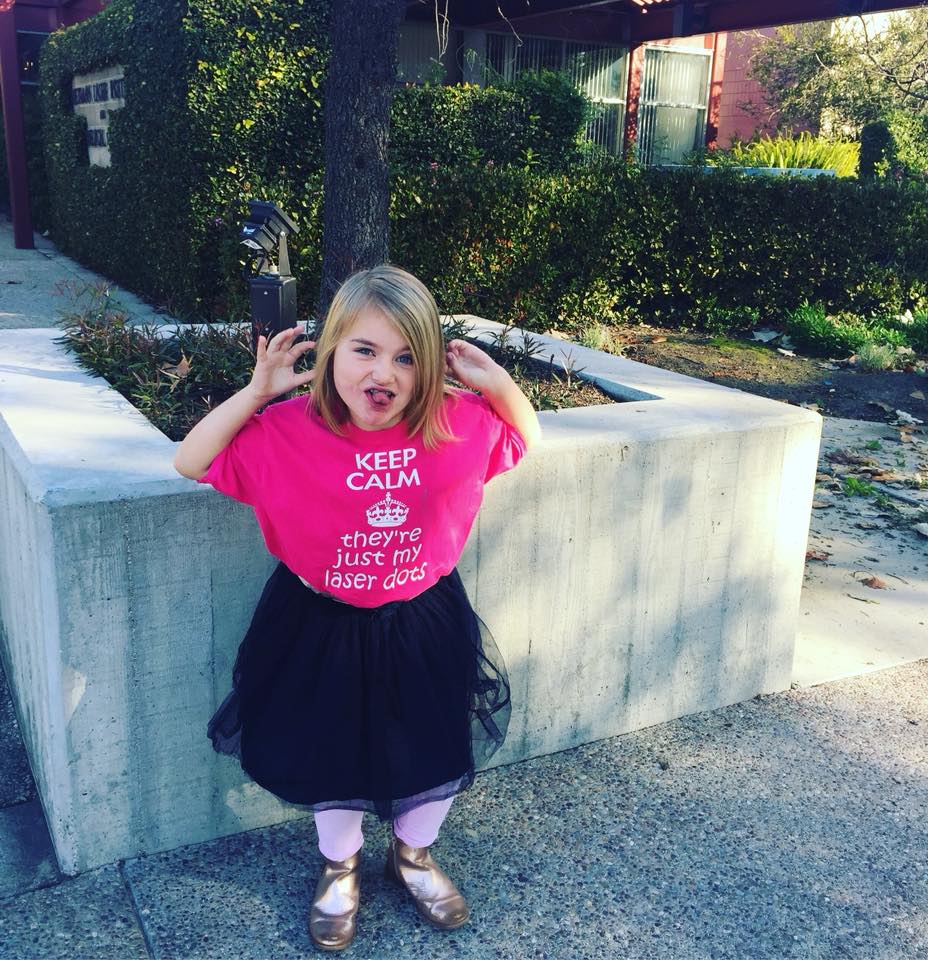
17. “It took many years, but I’ve come full circle to fully love and accept myself. The constant stares I get having a PWS used to give me anxiety and stress, but now I see them as opportunities to teach others about PWS and how to not judge others by their outward appearance. Self-love is an important part of all of our journeys.” – Sarah
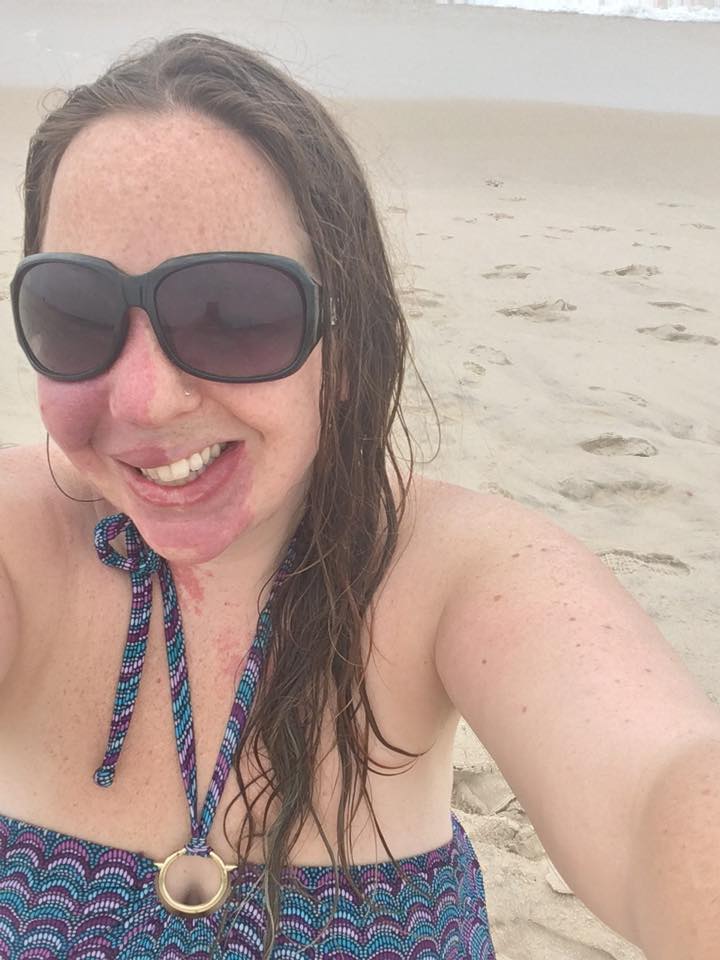
18. “This is me a few years ago, when I was going back to laser treatment. I can totally relate to the Kool-Aid comments. ‘Why would I keep Kool-Aid on my face?’ was the only thing I could think when I was a kid.
I think the best comments were, ‘You would be so pretty if you didn’t have that birthmark on your face.’ Thankfully, I got to the point where I could laugh at that ‘compliment.’
The best thing about having a birthmark is that you know that people like you for who you are, not how you look. It is a great way to measure others. I’m also very empathic to others.
Also, I never need to get a tattoo to be unique.”
